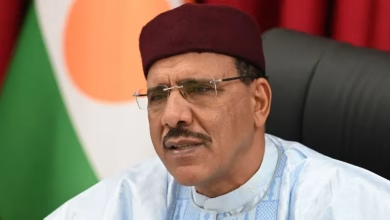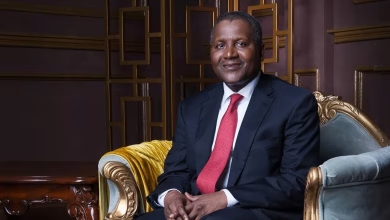UN’s decade-long peacekeeping mission in Mali comes to an end
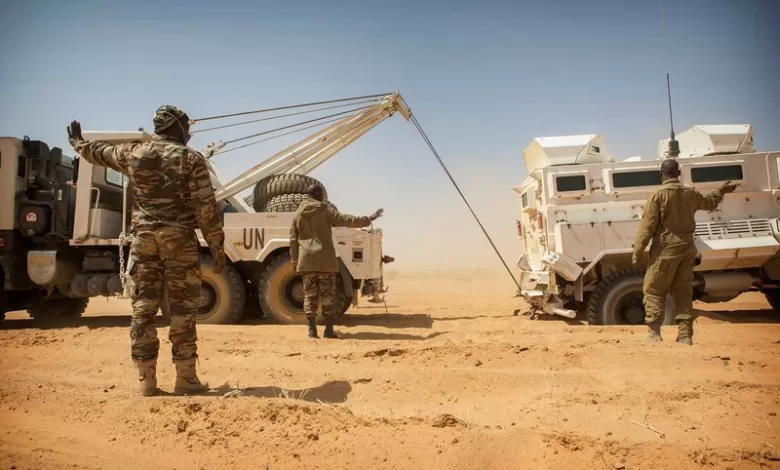
- UN mission in Mali ends after 10 years
- MINUSMA troops withdraw amid fears of intensified fighting
- Liquidation phase to begin after January 1
The United Nations mission in Mali has officially come to an end after a decade-long deployment in the country, following a pullout order from Mali’s military government. The mission, known as the UN Multidimensional Integrated Stabilisation Mission in Mali (MINUSMA), held a symbolic ceremony on Monday, lowering the UN flag at its headquarters in the capital, Bamako. This marked the official end of the mission, according to its spokesperson, Fatoumata Kaba, who spoke to the AFP news agency.
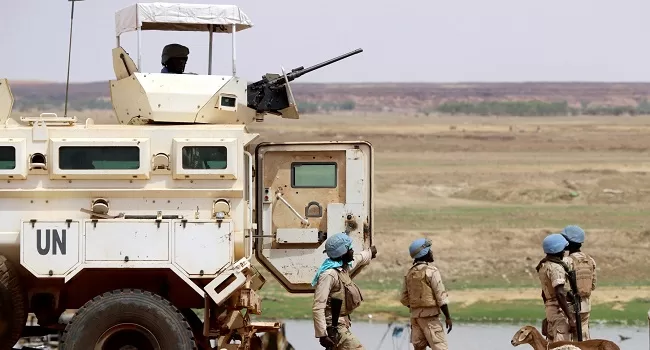
Although some elements of the mission remain in place, the ceremony signifies the beginning of the end of MINUSMA’s presence in Mali. A “liquidation phase” will commence after January 1, involving activities such as the handover of remaining equipment to the authorities.
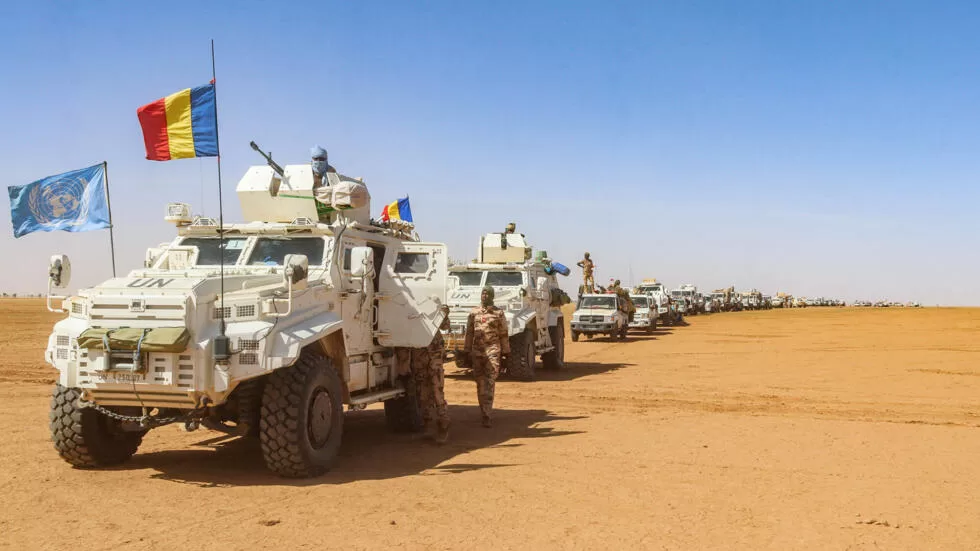
In June, Mali’s military government, which seized power in 2020, demanded the departure of the mission, which had been deployed since 2013. This move came despite the country facing ongoing attacks from armed groups in the Sahel region. The withdrawal of MINUSMA troops has sparked fears of intensified fighting between Malian forces and armed groups vying for territorial control.
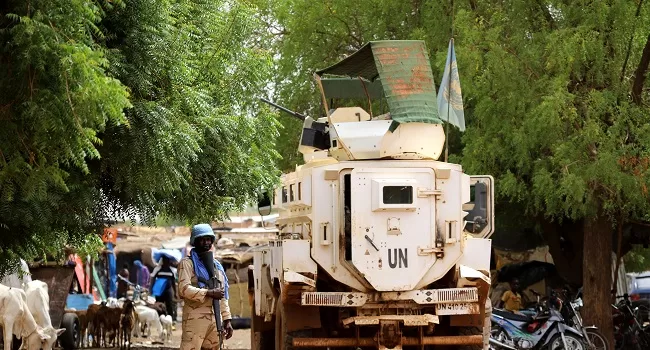
MINUSMA had maintained a presence of approximately 15,000 soldiers and police in Mali over the past decade. Tragically, around 180 members of the mission lost their lives in hostile acts during this period. As of Friday, more than 10,500 uniformed and civilian MINUSMA personnel had left Mali, out of a total of about 13,800 staff at the start of the withdrawal, according to the UN mission’s statement on X (formerly Twitter).
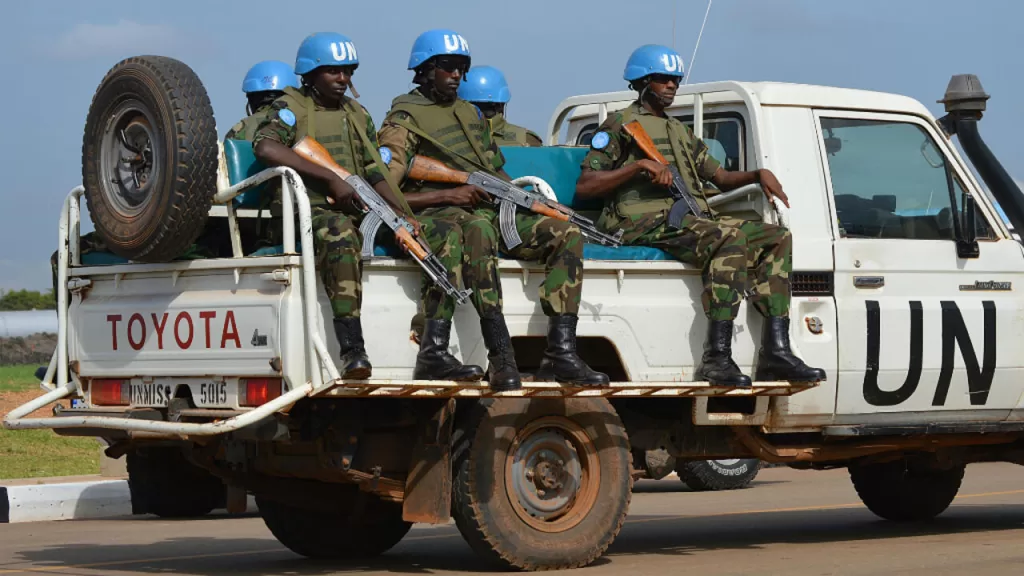
Since being ordered to leave, MINUSMA has vacated 13 positions in Mali and is yet to close sites in Gao and Timbuktu in the north. The withdrawal of the mission has raised concerns about the potential escalation of violence in the region and the impact on the already fragile security situation in Mali.



